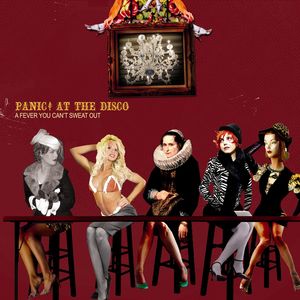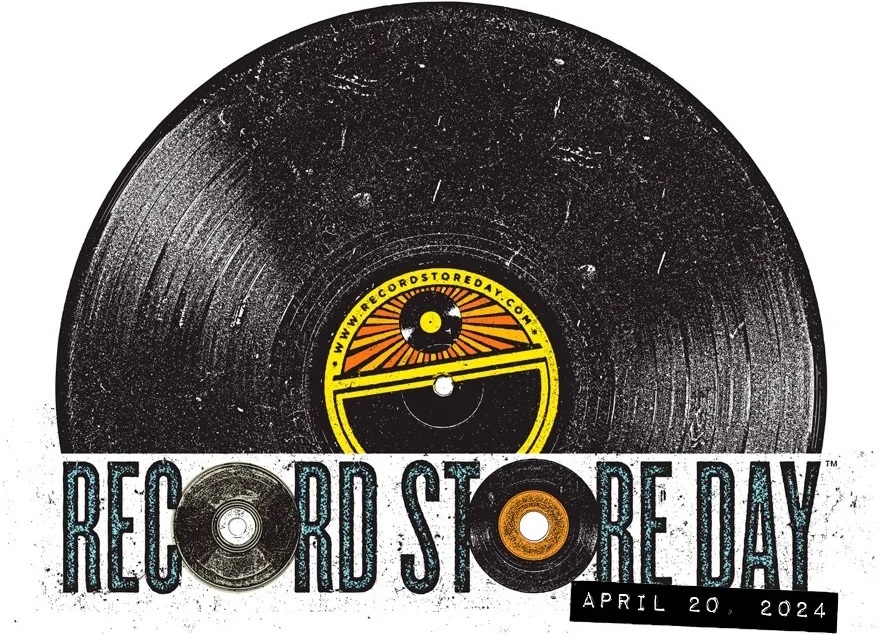
Panic! at the Disco- A Fever You Can’t Sweat Out Review
To call Panic! At The Disco’s debut album “A Fever You Can’t Sweat Out” genre-defying would be an understatement. The album, released in 2005, has become iconic for a number a reasons. Its popularity defined the “emo” movement of the early 2000’s, and perhaps more so, it influenced a generation. I have yet to meet a millennial who hasn’t heard of the hit “I Write Sins Not Tragedies” and can’t recite the words from heart. However, if you aren’t familiar with “A Fever You Can’t Sweat Out” itself, it deserves a listen.
The only way to do “A Fever You Can’t Sweat Out” justice in a review is to separate this review into two parts. It is difficult and I shall try to keep each part as brief as possible. Let’s start with the instrumental components.
“A Fever You Can’t Sweat Out” Is separated into two acts separated by an “Intermission”, as presented in the form of a radio broadcast. The “Introduction” opens with a burst of static not unlike the sound of an old radio with its dial being adjusted. What lies beyond that is a wonderful blend of upbeat electronic, alternative rock, classical with hints of jazz here and there- all wrapped into a polished sound. The opening act is perfectly represented by two songs. Though to be fair, each song has a unique sound and theme all its own. “Camisado” and “Time to Dance” are the perfect examples of the electronic flow of the first act. “Camisado” opens with the familiar synthesizer sound that has often been prevalent in defining Panic! at The Disco songs before switching to a fast paced tempo of alternative rock. Often transforming into a electronic frenzy of sounds, the truly amazing thing about the first act, and indeed, the entirety of the album, is that they do it without losing that alternative feel. After the “Intermission”, the sound changes without missing a beat or disrupting the flow, from the Electronic-blended alternative style, to a sound often resembling a modern take of the classic genres of the 1930’s and 40’s. The height of this is the hit, “I Write Sins, Not Tragedies”, however the sound of “I Constantly Thank God for Esteban” and “There’s A Good Reason These Tables Are Numbered Honey, You Just Haven’t Thought Of It Yet” carry the weight of the second act. “I Constantly Thank God For Esteban” has a certain theatrics to it, breaking from the signature alternative sound previously mentioned to a very peculiar drumming style and a piano sound that perfectly represent the second act of the album. “There’s A Good Reason These Tables Are Numbered Honey, You Just Haven’t Thought Of It Yet” follows with a jazz feel that, between the Sinatra-esque use of drums and brass to a catchy piano tune that will have you humming it for weeks, is a absolute delight.
The sound of this album is superb. But it’s the lyrical content that truly bring this album into the realm of great albums. Lead Singer Brendon Urie’s unique vocals are a perfect match for their sound, however it’s the theatrical and often cynical nature of the lyrics that brings a certain charm to this album. Blending such quotes as “Haven’t you heard that I’m the new cancer, never looked better and you can’t stand it” (“There’s a Good Reason These Tables are Numbered Honey, You Just Haven’t Thought Of It Yet”) and “The I.V. and your hospital bed, this was no accident, this was a therapeutic chain of events” (Camisado) are found in almost every song. Each song has a certain quality that will keep you singing, no matter if it is your first time listening or your hundredth time. The thing that sets all of this apart, though, from other bands of their time is the way the theatrical nature of the lyrics mesh with the sounds of each track. It’s truly a wonderful experience.
Panic! At The Disco’s “A Fever You Can’t Sweat Out” is a real treat to listen to, often regarded as the greatest album in a decade full of great albums. But more than anything, It’s an album that I personally would recommend to anyone in a heartbeat. Call me biased, but this album is the definition of what a good album should strive for. With a polished sound that is unique yet instills a certain fondness as if it was a familiar old friend, and lyrics that will keep you thinking for days after the turntable has turned off, it is no doubt “A Fever You Can’t Sweat Out.” is completely worth your time. -A.S. Fichman



